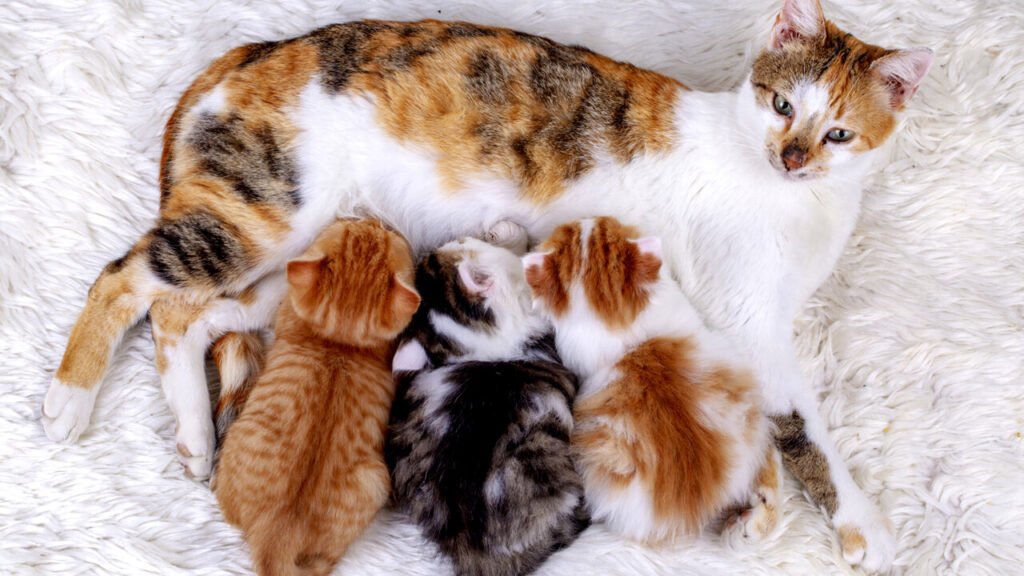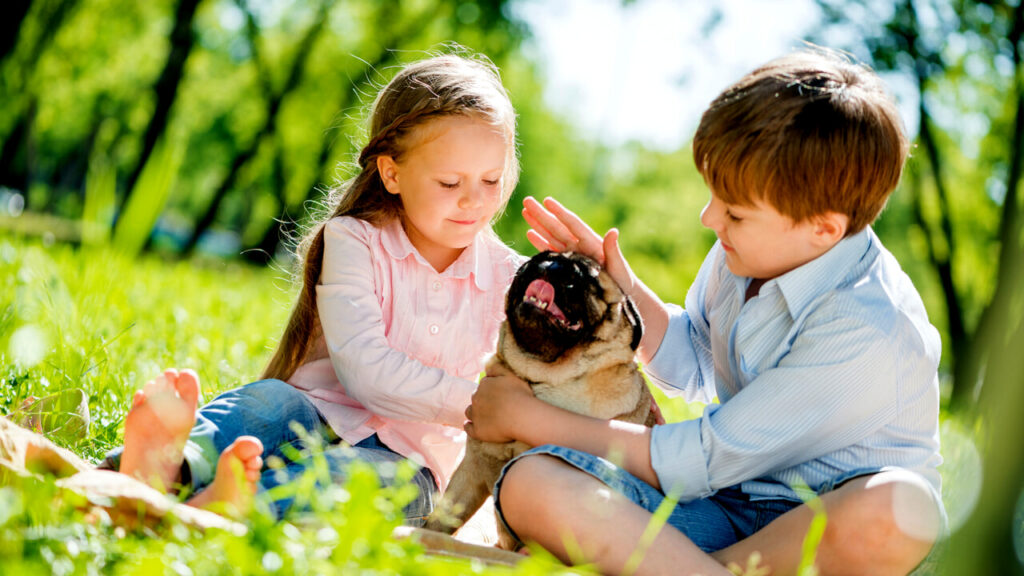The weakest among us
A recent study conducted by the American professor of sociology and anthropology Arnold Arlukes at Northeastern University in Boston and also by the American criminologist Jack Levin, published in the journal Society and Animals, was made for that, to find out an is the reason why a fair study. Some people love their pets more than other people.
Advertising
In this experiment, 240 students participated and were shown news articles about an adult, a puppy and a child. The news was fake and featured stories of adults being beaten, a puppy being abused and a child with a bad story. These news stories are written for experimentation. The victim, as we have seen, is different in each case.
The researchers then asked the participants how they were feeling, what was on their mind, and what they were going to say. The results are particularly interesting. Respondents showed more empathy and compassion for puppies and children and less for adults.
Empathy, as we know, is the ability to feel the emotions of another person and imagine what they are thinking or feeling.
But what about the people? Due to the constant spread of news of violence, death and despair from the media, we have become more desensitized to the pain of other people. Social media is also believed to be a major contributor to the growing lack of empathy for others.
On the contrary, it is easy to “create” empathy for suffering animals. There is also something basic here. The love we feel for animals is comparable to the love we feel for our children. We want to take care of them, protect them and generally help them because they can’t help themselves easily. Animals are weak. As adults, we have a different perspective. Adults can easily speak up for their rights or defend themselves in danger. An animal or a child is not.
The benefits that animals bring
However, the reasons we love animals so much – and often more than humans – don’t always have to do with empathy. The truth is that animals – especially our pets – give us so much.
Studies have found that pet owners—and especially dog owners—are less lonely. Keeping a pet was found to be associated with less social isolation and more social contact. Pets make it easier for us to connect with other people. We are more likely to approach and talk to someone walking a dog or someone we meet in the park. The conversation almost always starts with our pets.
Pets, according to research, can reduce stress, anxiety and depression, they are the best company for lonely people, they provide a stimulus for exercise and play, they improve cardiovascular health and strengthens the immune system.
In general, pet owners tend to be healthier (physically and mentally) than non-pet owners.
We all want and seek unconditional love. We want someone who loves us for who we are, who expects nothing from us, who is always happy to see us. Animals can talk to us and give us a lot, as mentioned before, without having to say a word. We are not afraid to be judged. In human relationships, these precious things can be hard to find, especially between adults.
If we analyze our emotions carefully, we often find that most of our worship of animals is centered on dogs and cats. Additionally, we sometimes show empathy for large, wild animals such as elephants, dolphins, or lions. When we read about a lion or elephant being hunted and killed in the wild, our reaction is often anger – the same anger we show when we hear stories of abuse and neglect of dogs and cats.
But there is a fundamental irony here. And it has to do with our chosen emotions. Slaughtering productive animals for food (cows, chickens, pigs and other animals) does not seem to bother most people and makes them angry. There are many explanations for why this happens.
First, we must consider the influence of pop culture. Take a moment to think about how many pet movies you probably watched as a child. Many of them gave these animals human qualities. These animals often communicate using human words, dream about the future as we do, and love as we do. Popular culture has been ingrained in us for generations. In other words, pets are just like people. So it makes us love these animals from a young age.
Our respect and love for dogs and cats of other species can also be explained by something called “declining compassion”. It’s a principle of psychology that says that the more tragedy we see, the less we care. As we mentioned above and for people. Millions of productive animals are sacrificed every year to become our food. We see it and live it every day. We accept it for free. We are used to it. It does not impress us, it does not anger us. Most people don’t feel anything about it.
That’s why we don’t feel more compassion for the millions of people who live in extreme poverty, for the millions of animals that are killed, as opposed to the story of an abused puppy, which is more likely to move us and make us what we want. to help.

